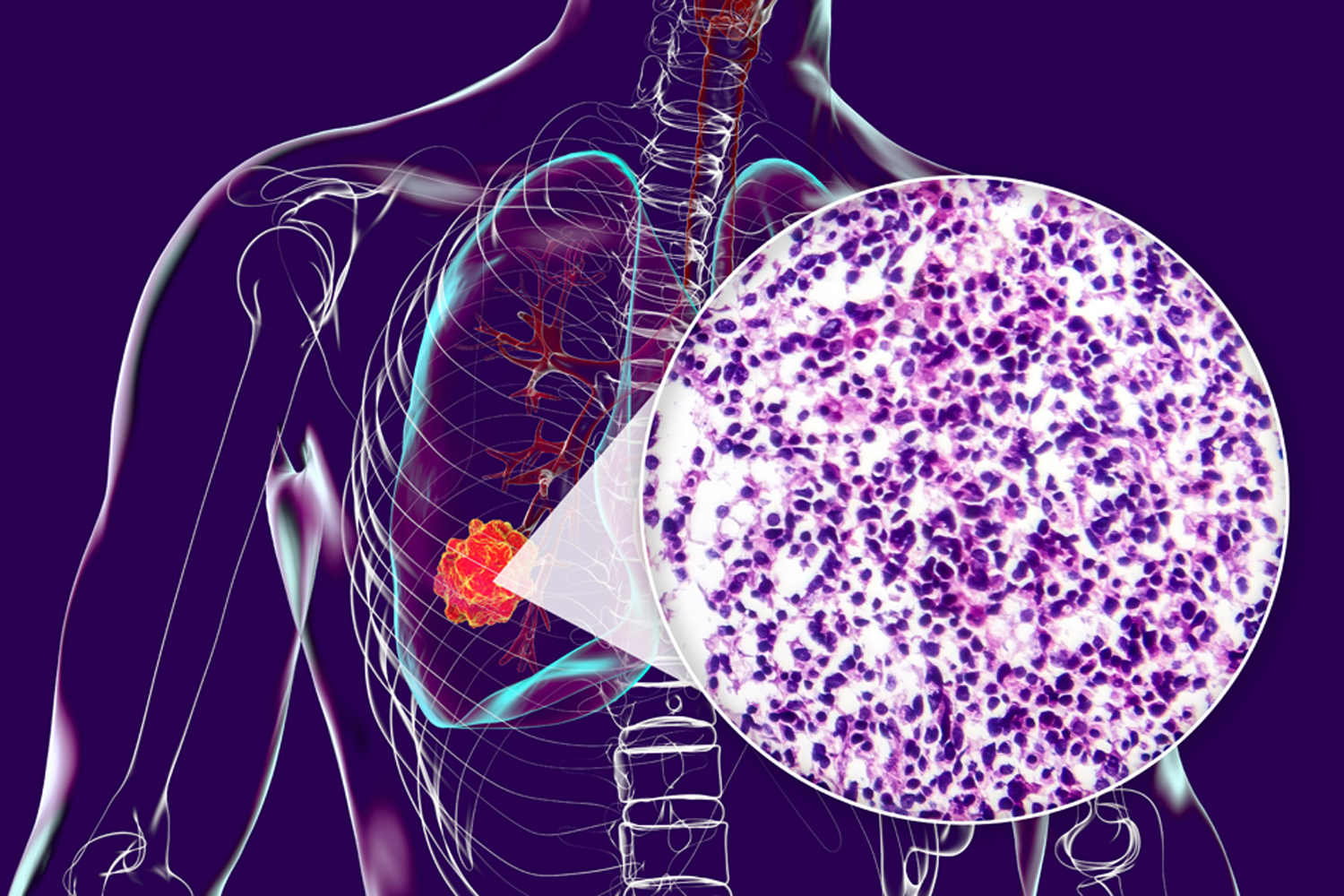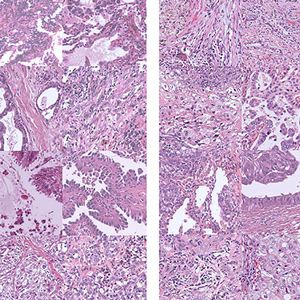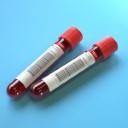-
Healthy Habits
Health NutsEating tree nuts may decrease cancer risk, especially for cancers of the digestive system.
by Tara Santora
-
Forward Look
Doing More With LessHypofractionation may allow patients to finish radiation treatment sooner.
by Stephen Ornes
-
Forward Look
What’s Next? Winter 2020/2021Using deep learning to detect tumor mutations.
by Christina Bennett
-
Multiple Myeloma: Choosing Your Path
New therapies provide hope and options for people as they monitor and manage this incurable blood cancer.
by Tara Haelle
-
Physicians Underestimate Severity of Radiation Side Effects
Breast cancer patients' symptoms after radiation therapy may go underrecognized, especially if these patients are Black or younger in age.
by Marci A. Landsmann
-
Drug Dependence After Breast Surgery
A study indicates that some breast cancer patients who receive mastectomy and reconstruction may be at risk of persistent drug use following surgery.
by Marcus A. Banks
-
Cancer Centers Cope With COVID-19 Surge
Doctors at cancer centers in states with record COVID-19 hospitalization rates reflect on how lessons from early in the pandemic are helping them care for patients during the current surge.
by Ashley P. Taylor
-
Why Do African Americans Have Increased Breast Cancer Mortality?
Socioeconomic factors and racism can lead to poorer health outcomes for Black Americans. Genetics may also be a factor behind increased mortality rates.
by Marci A. Landsmann
-
Liquid Biopsies May Ease Enrollment in Clinical Trials
A study shows that a blood test for gastrointestinal tumor mutations gave results in a third of the time needed for solid tissue testing. Patients who received the blood test were more likely to enroll in clinical trials.
by Emma Yasinski
-
What Is Tumor Mutational Burden?
The Food and Drug Administration approved an immunotherapy drug for tumors with high tumor mutational burden regardless of tumor type. But some medical oncologists say it's not clear the biomarker is valid across all cancer types.
by Anna Azvolinsky
Cancer Talk
Treatment Combination Improves Survival in EGFR-positive Lung Cancer
Adding chemotherapy to targeted therapy improves outcomes for people with advanced EGFR-positive non-small cell lung cancer.
by Sandra Gordon
Lessons From 20 Years Living With CancerMultiple myeloma survivor Jonathan Gluck reflects on uncertainty, and the scientific progress that has kept him living with cancer for more than two decades.
by Eric Fitzsimmons
The Enduring Importance of Cancer Disparities ResearchOpening session from AACR conference highlights how perseverance and adversity have informed cancer disparities research over the years.
by Eric Fitzsimmons
Most Cancer Survivors Don’t Meet Healthy Diet GoalsDespite research linking fruits and vegetables to cancer survival, many people do not change their eating habits after diagnosis.
by Darlene Dobkowski















